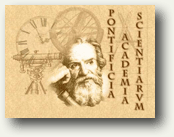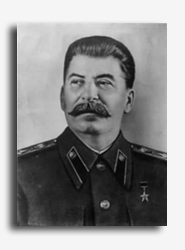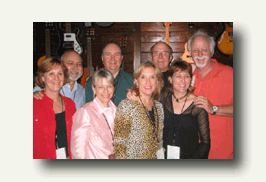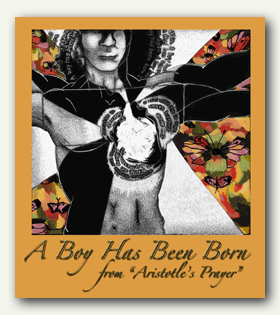by Gary Powell
The wonderment and monumental beauty of the earth can serve as a map for understanding the expansive nature of the human experience. Few of us “live” there, however. One terrible gift of maturity is no longer seeing my reflection in the popular culture where I actually do “live”. The chasm between these two places has compelled me to engage bigger ideas in order to stretch my capacity for understanding and hopefully not just finding but creating a reflection of my liking.
The theory of special relativity was first to introduce us to the concept of spacetime. Before Einstein, space and time were two different things. He not only imagined, but mapped a system so integrated that the parts could no longer be considered separate. That’s how we might be able to visualize Aristotle’s idea of integrating passion, desire and heart with aspiration, discipline and perfection. The heart and mind become a “whole” new thing and following Einstein’s lead I suggest a new word for it….. HEARTMIND.
“Heart and mind and soul are free and all desire is good by our decree. By nature all creation must agree.”
Lyric from the song “Aristotle’s Prayer”
Maybe it’s time to abandon judgmental designations and their restrictive phrases which label people as right-brained, left-brained, artistic, intellectual or spiritual. Surely, most successful people integrate all that they have and all that they understand and perceive in navigating their life’s course.
“…a pilot, in those days, was the only unfettered and entirely independent,
human being that lived in the earth.” – Mark Twain
In Life on the Mississippi, author Mark Twain used the term unfettered in describing the life of a steamboat pilot. Twain saw the “rank and dignity” of this profession as an ultimate choice of self-determination fueled by aspiration, guided by reason and agreed on by all concerned. Clearly this job description is a young man’s fantasy without regard for the encumbrances of relationships. However, just copy and paste this feeling of living without fear into a more mature understanding of the individual in context of others and we may get a grasp of Aristotle’s mindful and reasonable wish for humanity.
“The pattern of the possible is preferred above the rule.”
Lyric from the song “Aristotle’s Prayer”
A truly mature life lived without fear will not be “stuck” in destructive patterns. To arrive fearlessly, however, the rest of us, whenever possible and each at our own pace, will endeavor to break our patterns which no longer serve us. We now know that patterned entrenchment is not good for human beings. We think we’ve just now figured this out with modern psychology, but Aristotle understood this in 340 B.C.
Truly, “all the wonderment and beauty lay before us and the truth they speak I pray we will believe!”
Creative Commons Attribution-NonCommercial-NoDerivs 2.5 License

.
A Mindful and Reasonable Wish
“Aristotle’s Prayer” from Aristotle’s Prayer“
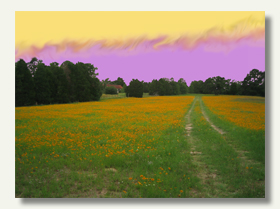 integration of the disparate aspects of each of our own histories is complete….. something wonderful happens. Before that time, however, we chase, run in circles and regardless of the goodness of our actions, seldom do we feel “complete”.
integration of the disparate aspects of each of our own histories is complete….. something wonderful happens. Before that time, however, we chase, run in circles and regardless of the goodness of our actions, seldom do we feel “complete”. 
